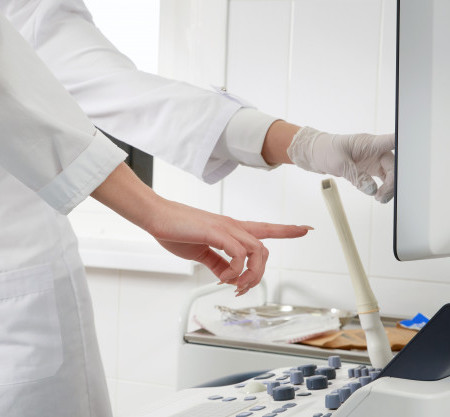Analysis of the endometrial microbiome

What is the Analysis of the endometrial microbiome?
It is well known that the uterine cavity is not a sterile cavity as hormonal changes, mainly oestrogen and progesterone favor the growth of lactobacilli. The microbiome of the female genital tract is dominated by the presence of these bacteria. A correlation has been found between adverse results in assisted reproductive techniques and a endometrial microbiota poor in lactobacilli.
Technique
A new screening test has recently been developed, called EMMA, which, using Next Generation Sequencing (NGS) technology, allows us to know if the levels of lactobacilli are adequate enough and to offer recommendations to optimize the endometrial flora, thus optimizing embryo implantation
On the other hand, another test, known as the ALICE test allows us to detect the presence of pathogenic bacteria at the endometrial level, which can cause chronic endometritis (inflammation of the endometrial tissue), associated with repeated miscarriages and implantation failure. Antibiotic treatment of this entity has been shown to restore the endometrial microbiome and improve gestation rates in these cases.
In both cases, the procedures involve obtaining endometrial tissue, which is then later frozen and analysed using NGS technology.